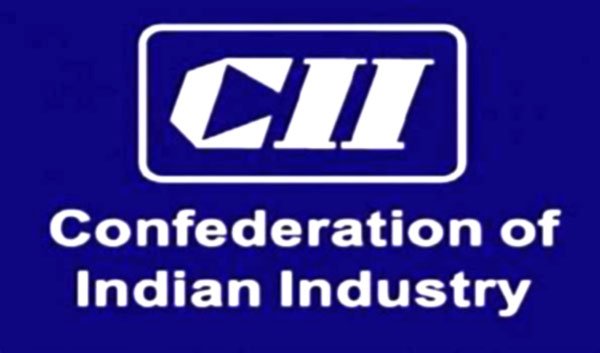New Delhi, (UNI) The government should provide incentives to battery manufacturers for developing advanced technologies in the battery space and lower the cost of ownership of high-performance advanced electric vehicles (EVs), industry body CII has said in a report.
“The government should encourage OEMs (original equipment manufacturers) in the battery space to develop in-house capabilities in the advanced technologies. OEMs should be provided with fiscal as well as non-fiscal incentives for working on advanced technologies,” the industry body said in its report titled “Ecosystem of Battery Manufacturing & Allied Services” released on Sunday.
The incentives proposed for encouraging development of advanced battery technologies include exemption from stamp duties, registration charges, land conversion fee, subsidised electricity rates for battery manufacturers, subsidies in setting up effluent treatment plants (ETPs) for cell and battery manufacturing companies and interest free loans for cell/battery manufacturing enterprises.
The industry body said that cost-differential between the advanced battery technology vehicles and conventional vehicles should be bridged by government incentivisation.
“These incentives will help in reducing the cost of ownership of high performance advanced vehicles and will give the necessary push needed by the segment,” it said.
Noting that the reuse and recycling industry in India will see large volumes of batteries flowing into facilities by 2030, the report has called for development of national level battery collection schemes on a PPP model to ensure batteries are channelized from all the places to certified refurbishing and recycling facilities.
It has also recommended a consumer awareness programme related to disposal of waste batteries to sensitize and educate people.
The report said that creation of an enabling environment which could accelerate the growth of the battery value chain is of paramount importance and the need of the hour to meet the green goals of society.
It highlighted that the thriving battery ecosystem can be developed on the back of a skilled workforce and in order to develop a strong skilled workforce for the battery ecosystem there needs to be a close collaborative network of academia, vocational training and industry.
“The skill gap in the battery industry can be plugged through support from government agencies. The government needs to establish a consortium of government, industry, R&D institutes, academia, etc. to catalyse energy storage industry growth,” the report said.
On the back of various government incentives to promote green mobility, the demand for EVs has been growing rapidly in the country. It is projected that EVs would account for nearly 30% of total vehicle sales in the country by 2030.
The demand for electric vehicles and grid-scale storage applications are expected to drive the growth for battery manufacturing in coming years. With the deployment of new technologies, the cost of batteries has been on a declining trend.
As per the CII report, over the past decade the unit cost of batteries has declined from $732/kWh in 2013 to $151/kWh in 2022. By 2026 it is expected that the prices of batteries will reach $100/kWh.
“The reduction in prices and improvement in battery performance are the key enablers of global adoption of electric vehicles,” said the report.










